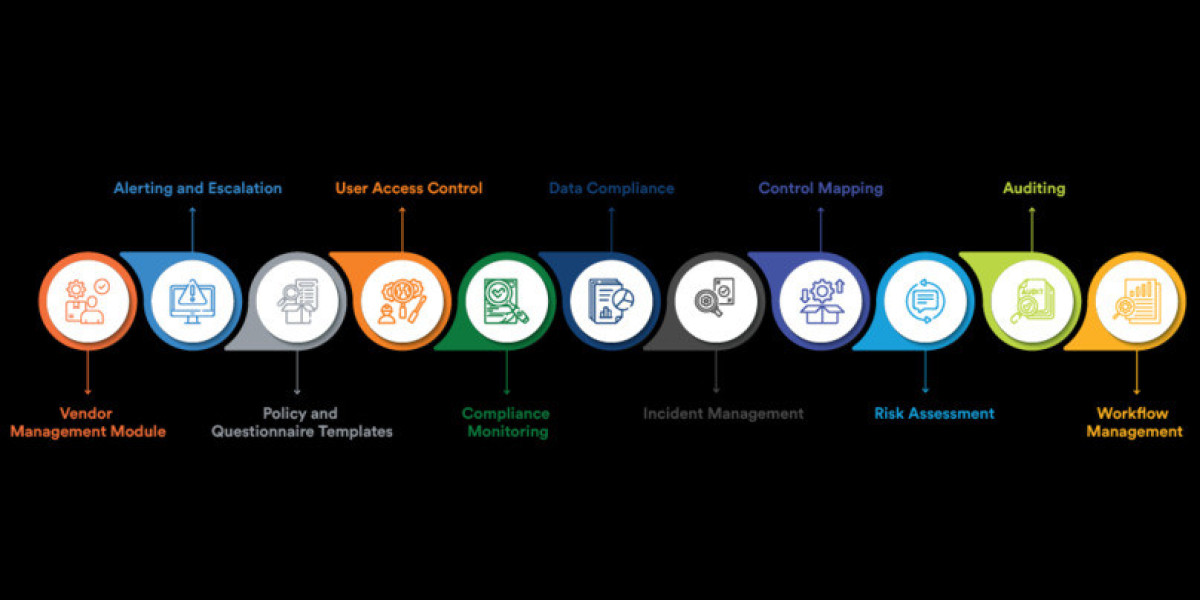Understanding Compliance Training
Compliance Training is essential for ensuring that employees are aware of the regulations and policies governing their industry. It encompasses a range of topics, including safety protocols, ethical practices, and specific regulatory requirements. Organizations in the life sciences and manufacturing sectors must prioritize compliance training to mitigate risks and ensure adherence to standards.
The Importance of Compliance Training
In sectors such as medical devices and pharmaceuticals, compliance training is not just a regulatory requirement; it is a critical aspect of corporate culture. Failure to comply can lead to significant consequences, including financial penalties and reputational damage. A robust compliance training program helps organizations foster a culture of accountability and responsibility, ensuring that employees understand the importance of adhering to regulations.
E-Learning: A Modern Solution
E-learning has revolutionized the way compliance training is delivered. With its flexibility and accessibility, e-learning allows organizations to provide training to employees regardless of location. This approach not only saves time and resources but also enhances knowledge retention and engagement.
Benefits of E-Learning in Compliance Training
Flexibility and Accessibility: E-learning platforms enable employees to access training materials at their convenience. This flexibility is particularly beneficial for organizations with remote or geographically dispersed teams.
Cost-Effectiveness: Traditional training methods often involve significant travel and logistics costs. E-learning reduces these expenses by eliminating the need for in-person training sessions, allowing organizations to allocate resources more effectively.
Consistent Messaging: E-learning ensures that all employees receive the same training, reducing the risk of miscommunication. This consistency is crucial for maintaining compliance across various departments and locations.
Scalability: As organizations grow, so does the need for compliance training. E-learning solutions can easily scale to accommodate additional employees and evolving regulatory requirements, making them an ideal choice for companies anticipating growth.
Best Practices for Implementing E-Learning in Compliance Training
To maximize the effectiveness of e-learning in compliance training, organizations should adopt best practices that resonate with their specific needs and regulatory environments.
Tailor Training to Specific Roles
Different roles within an organization may require different compliance training. Customizing training modules to address the specific needs of various departments enhances relevance and engagement. For instance, the training requirements for quality assurance personnel may differ significantly from those for sales representatives.
Utilize Interactive Content
Incorporating interactive elements such as quizzes, simulations, and case studies can enhance the learning experience. Interactive content encourages active participation and helps employees apply their knowledge in practical scenarios, ultimately improving retention rates.
Monitor Progress and Engagement
Compliance software should include robust tracking and reporting features to monitor employee progress. This data can provide valuable insights into training effectiveness and highlight areas for improvement. Regular assessments help organizations ensure that employees remain compliant and engaged with the material.
Leveraging Technology: The Role of Healthcare Compliance Software
Incorporating advanced healthcare compliance software into e-learning platforms enhances the overall training experience. Such software can automate compliance audits, track training completion, and manage documentation effectively. This integration streamlines processes and reduces the administrative burden on compliance teams, allowing them to focus on more strategic initiatives.
Ensuring Regulatory Compliance
The healthcare industry is subject to stringent regulations, making compliance audits a crucial component of organizational operations. E-learning platforms can facilitate the completion of compliance audits by providing employees with the necessary training and resources. By ensuring that employees are well-prepared, organizations can mitigate the risk of non-compliance and its associated consequences.
Staying Ahead in a Competitive Industry
As the life sciences and manufacturing sectors become increasingly competitive, organizations must prioritize compliance training to differentiate themselves. E-learning not only helps organizations meet regulatory requirements but also positions them as leaders in their industry. By investing in effective compliance training, companies can enhance their reputation, attract top talent, and ultimately drive business success.
Conclusion
In summary, the role of e-learning in modern compliance training cannot be overstated. It offers numerous benefits, including flexibility, cost-effectiveness, and scalability, making it an ideal solution for organizations in the life sciences and manufacturing sectors. By leveraging healthcare compliance software and implementing best practices, companies can create a robust compliance training program that meets regulatory requirements and enhances overall organizational performance.
As businesses navigate the complexities of regulatory compliance in 2024, ComplianceQuest stands out as an essential partner. Our comprehensive solutions streamline compliance training, facilitate audits, and promote a culture of continuous improvement. By choosing ComplianceQuest, organizations can ensure they are well-equipped to meet the challenges of an ever-evolving regulatory landscape, positioning themselves for success in the years to come.








